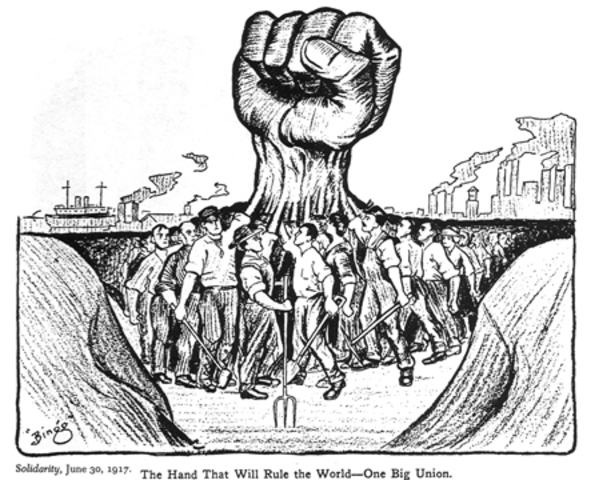Soviet Snake
It is not the consciousness of men that determines their being, but, on the contrary, their social being that determines their consciousness.
Karl Marx (Marx Selected Works, Vol. I, p. 269.)
- 44 Posts
- 298 Comments

 2·4 months ago
2·4 months agoNevertheless we are better than them.
State and the revolution, I finished it last week
Least brain dead usonian
I have just a tiny tensy teeny bit of suspicion that this is sarcasm.

 31·1 year ago
31·1 year agoWhile this is true, as far as I know, it still led to less persecution because there wasn’t a legal framework for such thing, so I guess worst case scenario it was fortunate happenstance.

 23·1 year ago
23·1 year agoIt’s a mirror with your reflection.

 1·1 year ago
1·1 year agoBlue MAGA decided to go to a strike because contrarianism.

 6·1 year ago
6·1 year agoI watched and I found it a very sober analysis. It always makes me go nuts how these people can have such a clear thinking but at the same time they stand for such shitty politics, the “don’t thread on me” flag at the end really shocked me to be honest, lol. Still, amazing these people are having better takes than the supposed “left” in the US.

 15·1 year ago
15·1 year agoUsonians will never believe this.

 131·1 year ago
131·1 year agoThat is not true, it is just a free domain.

 12·1 year ago
12·1 year agoLavate el orto gringo garca.
Fucking die already you Western chauvinist pigs.

 40·1 year ago
40·1 year ago“War-fighting alliance”
NATO is not a group for war tho!

 4·1 year ago
4·1 year agoI think Heraclitus case is more based since he literally speaks about the inherent dialectics in all sense of life, and the fact that they cannot understand it, which is literally what happens with liberals, not being able to understand dialectical materialism, so the resonance is bigger. While people say Heraclitus thought that fire was the arche, it honestly was just a metaphor for the logos (dialectics).

 4·1 year ago
4·1 year agoThe only surviving texts by Heraclitus are called “Fragments” which are surviving pieces of supposedly the only written book by him. All of these were scattered from others sources such as citations and paraphrasing of his text. For II and III Kahn refers to fragments 2 and 3 of his ordering of the fragments (there is a debate about the ordering except for I where there are 2 other sources of his time that declare that fragment as the beginning of Heraclitus’ book).
They appear in the screenshot, but I will paste them as text below:
II (D. 34) Not comprehending, they hear like the deaf. The saying bears witness to them: absent while present.
III (D. 2) Although the account (logos) is shared, most men live as though their thinking (phronesis) were a private possession.
The D. # refers to the Diels-Kranz numbering, which is what’s been used as the default before and even after Kahn’s. If you have any doubt about the meaning let me know, but I’d argue reading Heraclitus is really good for understanding dialectics and his philosophy still holds true in some way until today.

 12·1 year ago
12·1 year agocerra el orto entonces vende patria

 15·1 year ago
15·1 year agoIn my work I’ve had to fill out that kind of forms a couple of times for Latinos and some have this options “Cuban, Hispanic, Mexican, Puerto Rican”. It makes total sense.
Who’s the one in the photo? I don’t understand.






There were quite a few difference between the two matches, so you could see both. For me it was a beautiful day, England lost and Argentina won.